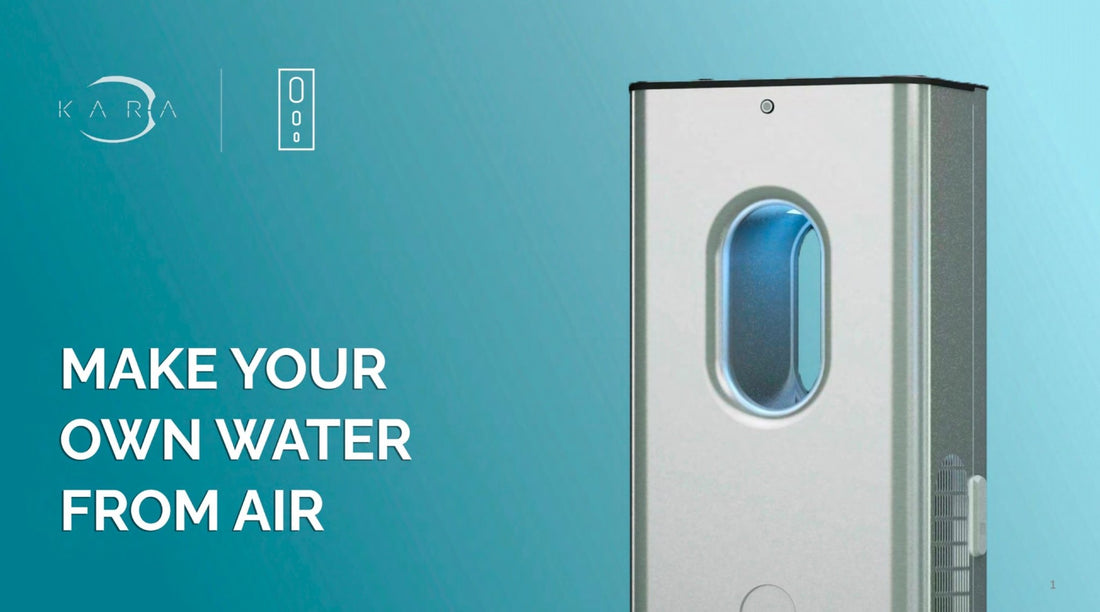You may have heard various health claims about alkaline water. Some say it can help slow the aging process, regulate your body’s pH level, and prevent chronic diseases like cancer.
But what exactly is alkaline water, and why all the hype?
The “alkaline” in alkaline water refers to its pH level. A pH level is a number that measures how acidic or alkaline a substance is on a scale of 0 to 14.
For example, something with a pH of 1 would be very acidic, and something with a pH of 13 would be very alkaline.
Alkaline water has a higher pH level than regular drinking water. Because of this, some advocates of alkaline water believe it can neutralize the acid in your body.
Normal drinking water generally has a neutral pH of 7. Alkaline water typically has a pH of 8 or 9. However, pH alone isn’t enough to impart substantial alkalinity to water.
Alkaline water must also contain alkaline minerals and negative oxidation-reduction potential (ORP). ORP is the ability of water to act as a pro- or antioxidant. The more negative the ORP value, the more antioxidizing it is.
Alkaline water is somewhat controversial. Many health professionals say there isn’t enough research to support the many health claims made by users and sellers. Differences in research findings may be related to the types of alkaline water studies.
There are a few studies that suggest alkaline water might be helpful for certain conditions.
For example, a
Researchers in Japan conducted a
A
Those who consumed high pH water had reduced viscosity by 6.3 percent compared to 3.36 percent with standard purified drinking water. This means blood flowed more efficiently with alkaline water. This can increase oxygen delivery throughout the body.
However, more research is needed beyond these small studies. In particular, research is needed to answer other claims made by alkaline water supporters.
Despite the lack of proven scientific research, proponents of alkaline water still believe in its proposed health benefits. These include:
- pro-aging properties (via liquid antioxidants that absorb more quickly into the human body)
- colon-cleansing properties
- immune system support
- hydration, skin health, and other detoxifying properties
- weight loss
- cancer resistance
They also argue that soft drinks, which are notoriously acidic, have very positive ORPs, which lead to many health problems, while properly ionized and alkalinized waters have highly negative ORPs.
Green tea is rich in antioxidants and has a slightly negative ORP.
Alkaline drinking water is considered safe. Currently, there’s no evidence that demonstrates negative side effects.
Although alkaline water has a different pH than regular water, your body will make physiological changes, like continuing to produce hydrochloric acid, to regulate the stomach’s pH levels and achieve homeostasis, which is a state of stability.
However, many people who drink alkaline water buy alkaline water that’s been through a chemical process called electrolysis.
This technique uses a product called an ionizer to raise the pH of regular water. Makers of ionizers say that electricity is used to separate molecules in the water that are more acidic or more alkaline. The acidic water is then funneled out.
Still, some doctors and researchers say these claims aren’t backed by quality research. The water quality of the original source, before ionization, is crucial to ensuring contaminants aren’t present in the drinking water.
Some scientists advise using reverse osmosis to adequately purify water before connecting an alkaline ionizer, which can raise pH and add minerals.
A
Alkaline water can be bought in many grocery or health food stores. It can also be found online. Water ionizers are sold in many large chain stores, as well.
You can also make your own at home. Adding pH drops or baking soda is another way to make water more alkaline.
If water is properly filtered to remove contaminants, ionized and re-mineralized, or purchased from a quality source, there’s no evidence to suggest a limitation on how much alkaline water can be consumed daily.
The issue that many health professionals have with alkaline water isn’t its safety, but rather the health claims that are made about it.
There isn’t enough scientific evidence to support the use of alkaline water as a treatment for any health condition. Medical experts warn against believing all the marketing claims.
Drinking natural alkaline water is generally considered safe since it contains natural minerals.
However, you should use caution with artificial alkaline water, which likely contains fewer good minerals than its high pH would have you believe and may contain contaminants. More research is needed to determine its benefits.

